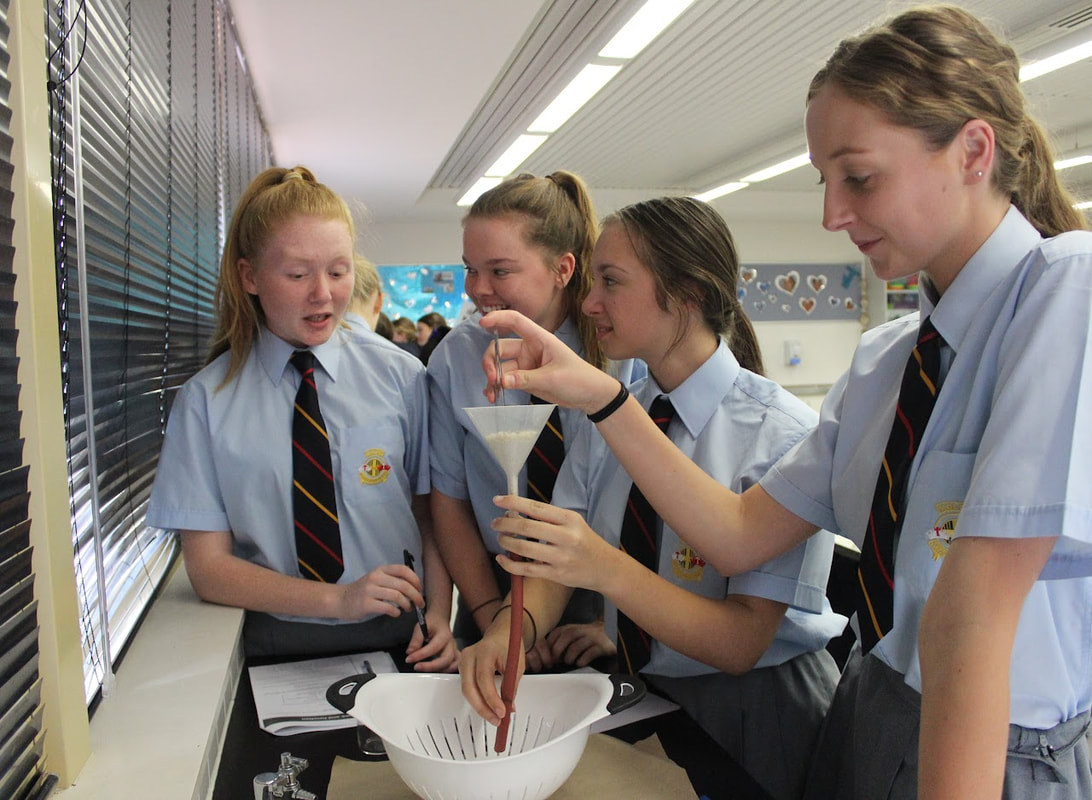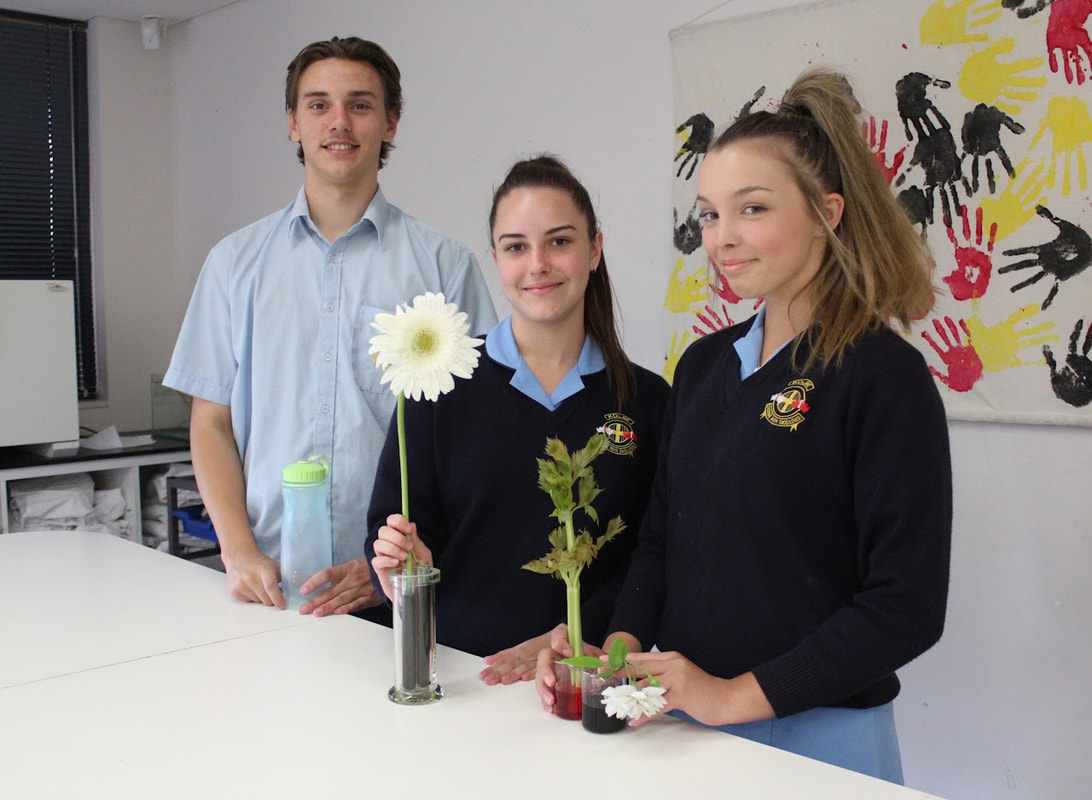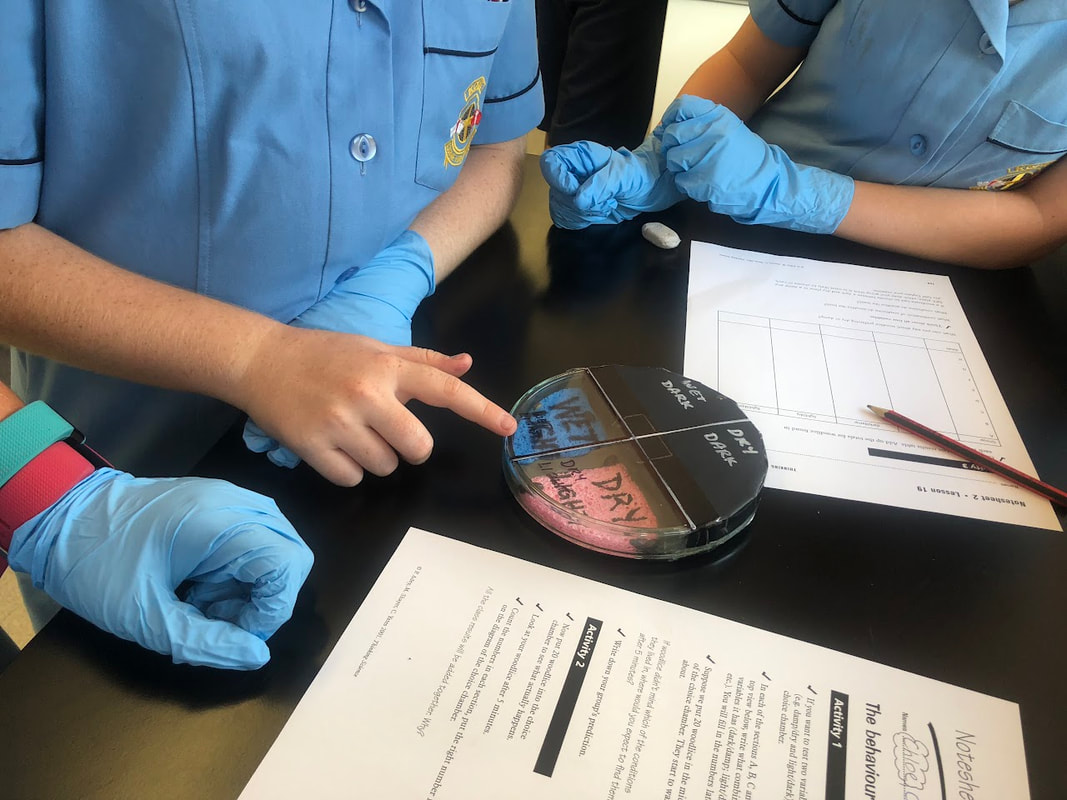What does the course entail?
|
Biology is the study of the fascinating diversity of life as it has evolved and as it interacts and functions. Investigation of biological and living systems and their interactions, from evolution to cellular processes to ecosystem dynamics, enable us to explore and explain everyday observations, find solutions to biological issues and understand the processes of biological continuity and change over time. Australian, regional and global communities rely on the biological sciences to understand, address and successfully manage environmental, health and sustainability challenges facing society in the twenty-first century.
This course explores ways in which scientists work collaboratively and individually in a range of integrated fields to increase understanding of an ever-expanding body of biological knowledge. Students develop their investigative, analytical and communication skills through field, laboratory and research investigations of living systems and through critical evaluation of the development, ethics, applications and influences of contemporary biological knowledge in a range of contexts. Studying the Biology course provides students with a suite of skills and understandings that are valuable to a wide range of further study pathways and careers. Understanding of biological concepts, as well as general science knowledge and skills, is relevant to a range of careers, including those in medical, veterinary, food and marine sciences, agriculture, biotechnology, environmental rehabilitation, biosecurity, quarantine, conservation and eco-tourism. |
What will be covered in this course?
YEAR 12
UNITS 3 & 4
Students will discover that in ecosystems, there is a dynamic interaction between organisms in a community and their abiotic environment. Varying environmental conditions in different geographical and physical situations have resulted in a wide diversity of ecosystems. Models of the flow of energy and matter help biologists understand interactions and how they might be applied in conservation. Human activity has impacted on the biodiversity in Western Australia.
The second part of this year will encourage students to develop a 'citizen' approach to Biology as we look at ecosystems and the dynamic interactions between organisms in a community and their abiotic environment. Varying environmental conditions in different geographical and physical situations have resulted in a wide diversity of ecosystems. Models of the flow of energy and matter help biologists understand interactions and how they might be applied in conservation. This unit also looks at how human activity has impacted on the biodiversity in Western Australia.
Assessment structure
Students undertaking this subject will encounter a variety of assessment types.
Expectations
This course contains compulsory dissections. These will often contribute to assessment tasks. Please do not take this course if you are not intending to complete dissections.
The second part of this year will encourage students to develop a 'citizen' approach to Biology as we look at ecosystems and the dynamic interactions between organisms in a community and their abiotic environment. Varying environmental conditions in different geographical and physical situations have resulted in a wide diversity of ecosystems. Models of the flow of energy and matter help biologists understand interactions and how they might be applied in conservation. This unit also looks at how human activity has impacted on the biodiversity in Western Australia.
Assessment structure
Students undertaking this subject will encounter a variety of assessment types.
- 35% Test
- 30% Science inquiry (Practical/Investigation)
- 20% Extended Response
- 15% Externally set task
Expectations
This course contains compulsory dissections. These will often contribute to assessment tasks. Please do not take this course if you are not intending to complete dissections.
Head of Learning Area: Mrs Michelle Prasad
Contact Number: 9591 4218
Contact Email: [email protected]
Contact Number: 9591 4218
Contact Email: [email protected]



